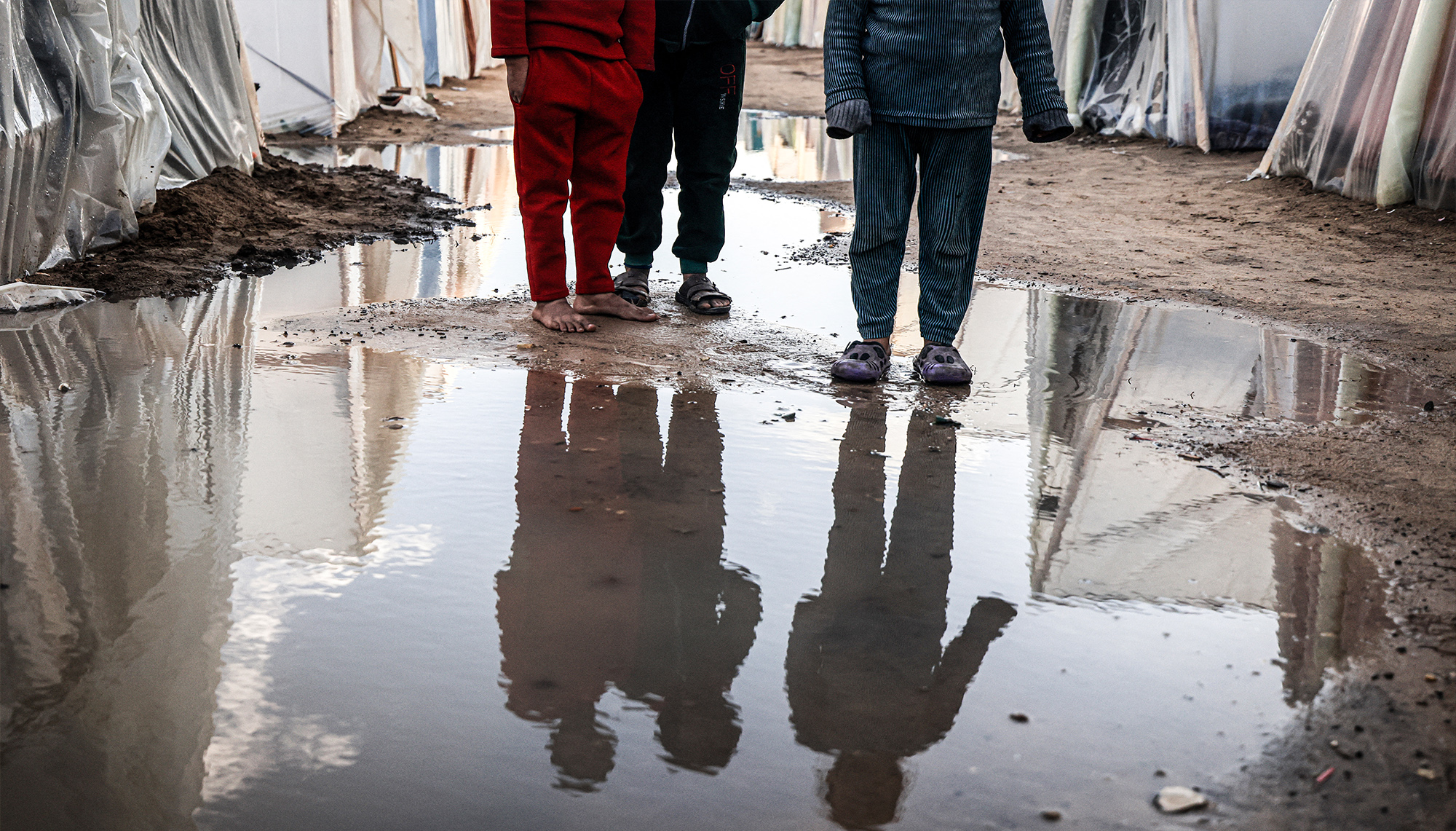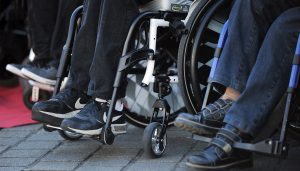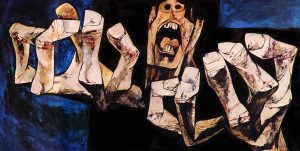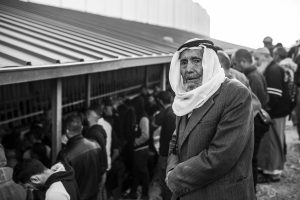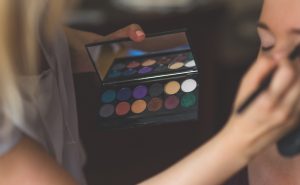Given the rise in tragic situations with women and youth, and the desperate behaviour of men, women and society in general – all leading to the demise of the family unit and our human values, it’s probably high time to up the ante. This country is way too small to be falling apart so badly. There is no excuse for ignoring human-centric needs.
Yesterday I received emails from GOs, NGOs & RNGOs about an Amman gathering on the evening of the 29th for expression against child abuse triggered by the story of Yazan.
While a gathering for artistic expression for a few hours may help soothe some souls momentarily, I must wonder what kind of impact towards action and change will result.
IMHO it is not enough to gather and express. Isn’t it a tired tactic? And then what?
This country needs a wall-to-wall call to action that humanizes these tragic happenings and keeps an entire population haunted and awake, motivated to work and deliver serious work towards fundamental change. Total inclusion – today, this year, not sometime in the future. This is our problem, we have no right to pass it forward nor impose inheritance on our kids.
What if:
- 10% of every outdoor communication carried pictures and stories of every single child abused?
- 10% of every outdoor communication showed pictures and stories of every single woman victim of abuse and crimes of dishonour?
- 10% of every outdoor communication revealed pictures and stories of every single fatal road accident?
- 10% of every outdoor communication told stories of the troubled men committing heinous acts of violence against their own?
- In between the super sale and the special on the radio you heard the horror story of the blow by blow slow death of every woman who died as men of her family brought dishonor to themselves?
- Every single working woman did not show up at work tomorrow and the next day and the next day demanding legislative change for basic rights?
- The freebie ads and papers at our doorsteps and on our mobile screens taught us the names and personal stories of Jordanian victims of our own injustice?
- What if your 16 year old ran home wanting to know more about such stories, demanding of you a better world than this one you’ve brought him into?
- What if your 14 year old daughter came home everyday and shared with you her fears and torment of being raped like that other girl next door?
- What if your 7 year old came home today and told you his friend’s secret – the story of how he was molested by that man around the corner
- What if you walked out of your house every day and heard the woman across the street wailing in pain from the beatings by that man who just left to work wearing his camouflage elegant suit and tie as he got into his expensive car?
Then no one would not be able to forget/neglect these challenges that must be addressed every single moment of our lives and not as one-off reactions to bursts of tragedy.
It would be hard to sleep in peace, night after night if these stories consumed our existence. It would be hard to not get up and act!
The Jordanian family is in dire need of help.
- Why do we have the right to celebrate our kid’s 12th birthday when Yazan doesn’t get his, ever?
- Why do we have the right to walk in confidence when Ayat’s mom can’t give her kids a Jordanian passport?
- Why do we have the right to give birth to another kid, while Tariq next door is being beaten up?
- Why do we have the right to dream of amazing when Noor’s blood stains her father’s soul?
- Why do we have the right to a white wedding when Dana can only wear black bruises on her face and body?
After an evening of expression, what’s next?
When do we walk the talk?
When would we like to wake up to a better Jordan?
A country that continues to accept laws against the well-being of it’s own people should not be allowed to join the global conversation for human dignity.
A country that allows its kids to go into schools to consume archaic curricula should not be invited to engage in stories of enlightenment and empowerment across other lands.
A country that ignores obvious needs to improve it’s economy from within should not be eligible to aid from the other.
A country that lives knowingly of it’s people’s frustrations should not be heard when asking for multicultural tolerance.
A country that includes the hatred industry within it’s investment portfolio should not be included in the conversation for world peace.
A country that lives knowingly with bad governance should take a stand and change everything.
And just in case we’ve forgotten what good governance means, HRH Prince El Hassan reminded us during last week’s WANA Forum that it includes these characteristics:





